Advanced electromyography testing that pinpoints exactly what’s causing your numbness, tingling, or muscle weakness.
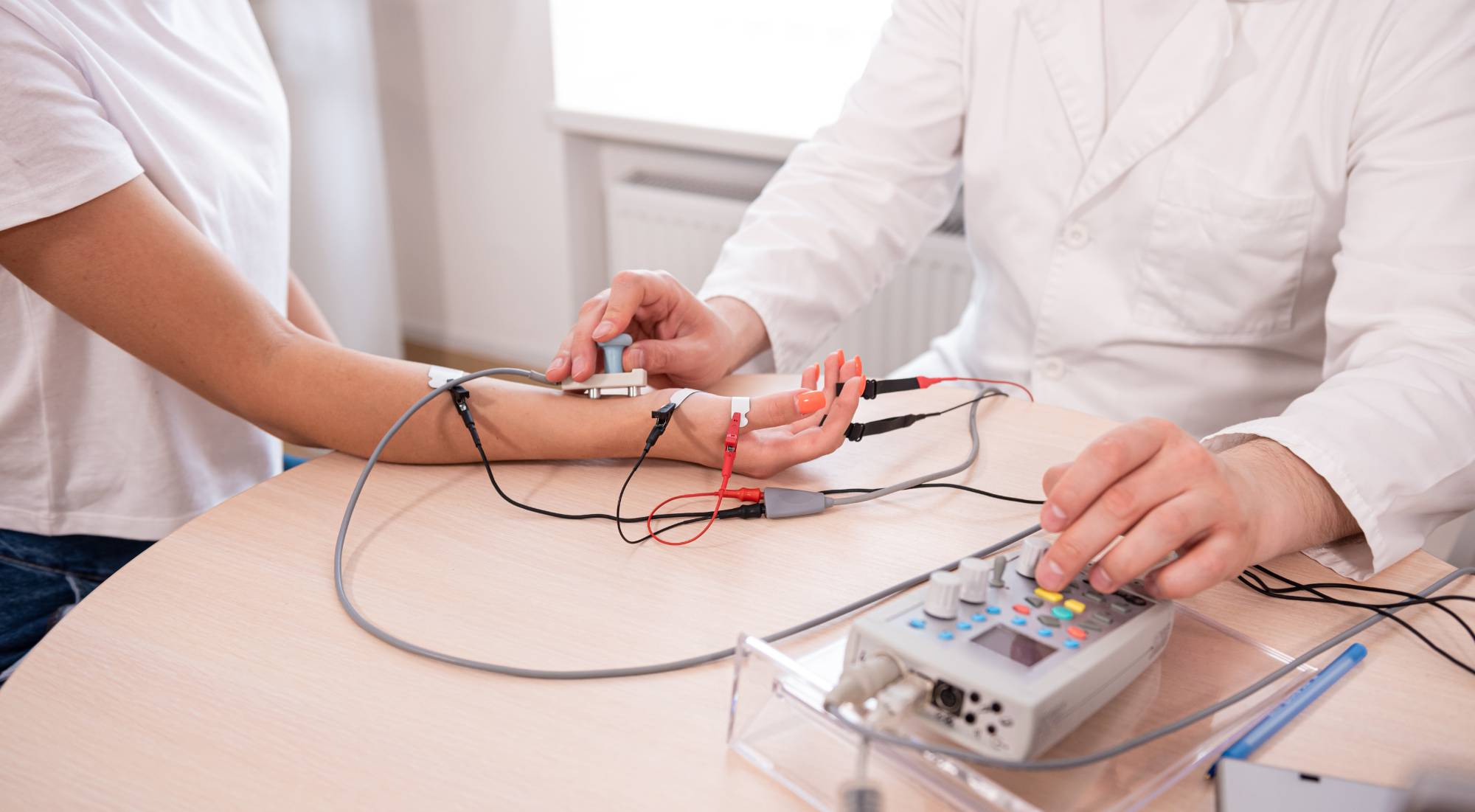
Reviews
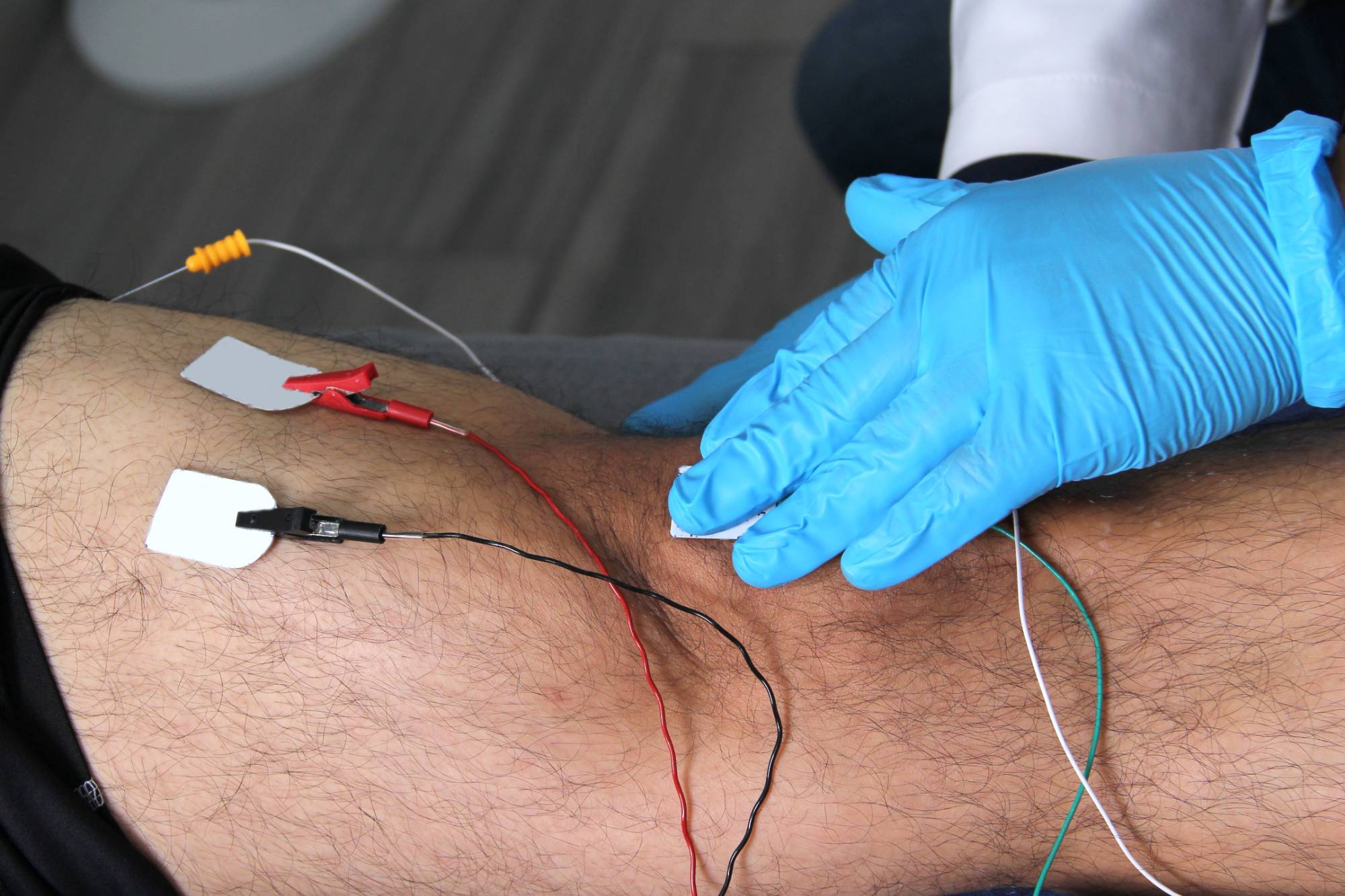
You’ve been dealing with symptoms that disrupt your sleep, make typing painful, or cause your hands to go numb. The uncertainty is almost worse than the pain itself.
EMG testing gives you concrete answers. This diagnostic procedure measures the electrical activity in your muscles and nerves, revealing conditions like carpal tunnel syndrome, pinched nerves, diabetic neuropathy, or muscle disorders that other tests might miss.
When you know exactly what’s causing your symptoms, you can move forward with the right treatment. No more guessing. No more wondering if it’s all in your head. Just clear, actionable results that lead to real relief.
NY Spine Medicine has been providing comprehensive neuromuscular diagnostics to patients throughout South Florida. We specialize in electrodiagnostic testing, combining advanced technology with clinical expertise to deliver accurate diagnoses.
Located conveniently in The Hammocks area, our practice focuses on thorough evaluation and clear communication. You’ll understand your results, what they mean for your condition, and what treatment options make sense for your specific situation.
Our goal is straightforward: get you the answers you need so you can get back to living without constant worry about your symptoms.
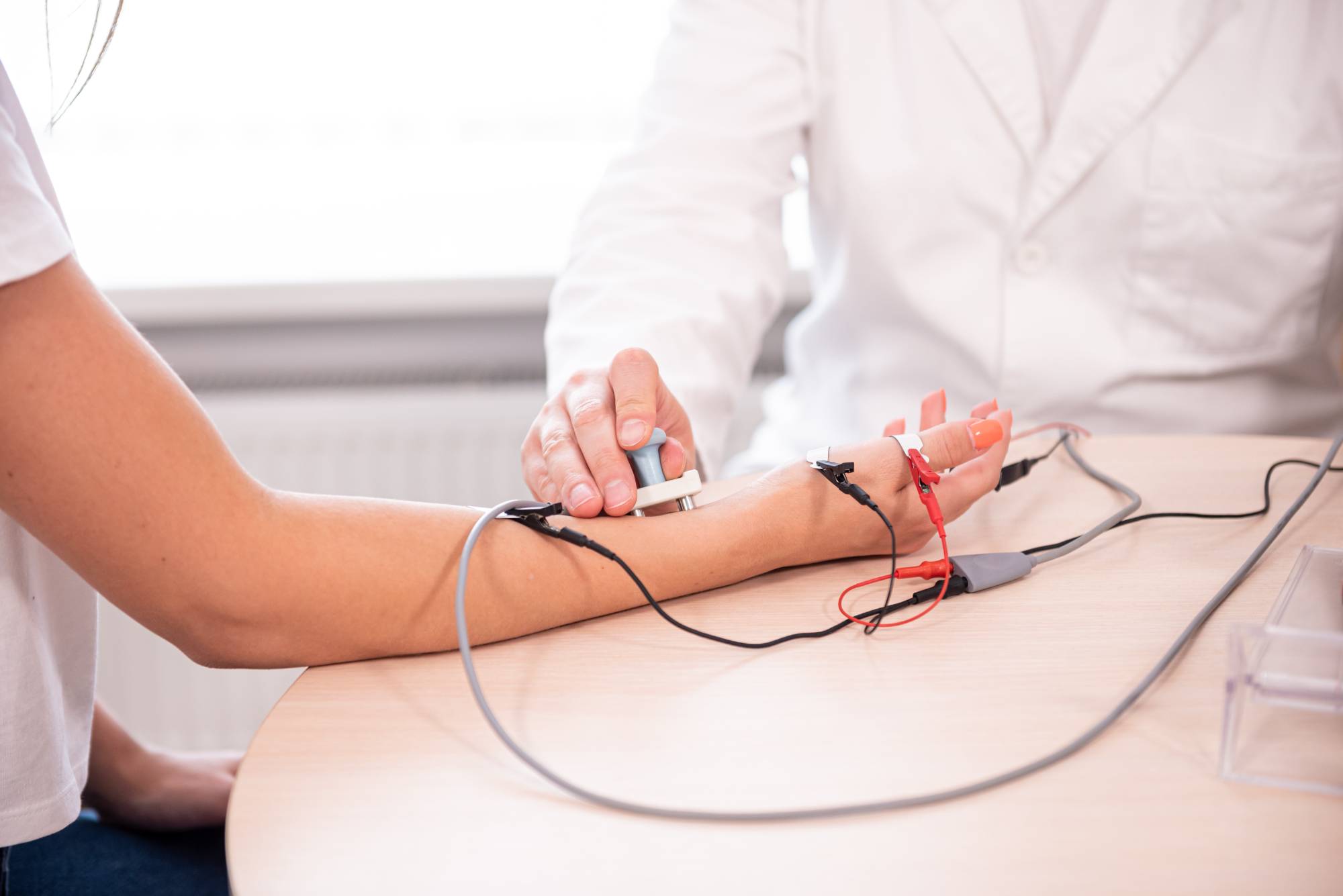
The EMG test involves two parts: nerve conduction studies and needle electromyography. First, small electrodes are placed on your skin to measure how well your nerves transmit electrical signals. You’ll feel mild electrical pulses, similar to static electricity.
Next, a thin needle electrode is inserted into specific muscles to record their electrical activity. This measures how your muscles respond to nerve signals and can detect muscle damage or dysfunction.
The entire process typically takes 30-60 minutes depending on which nerves and muscles need testing. You’ll receive your results the same day, along with a clear explanation of what the findings mean and recommendations for next steps. Most patients find the test more tolerable than they expected.
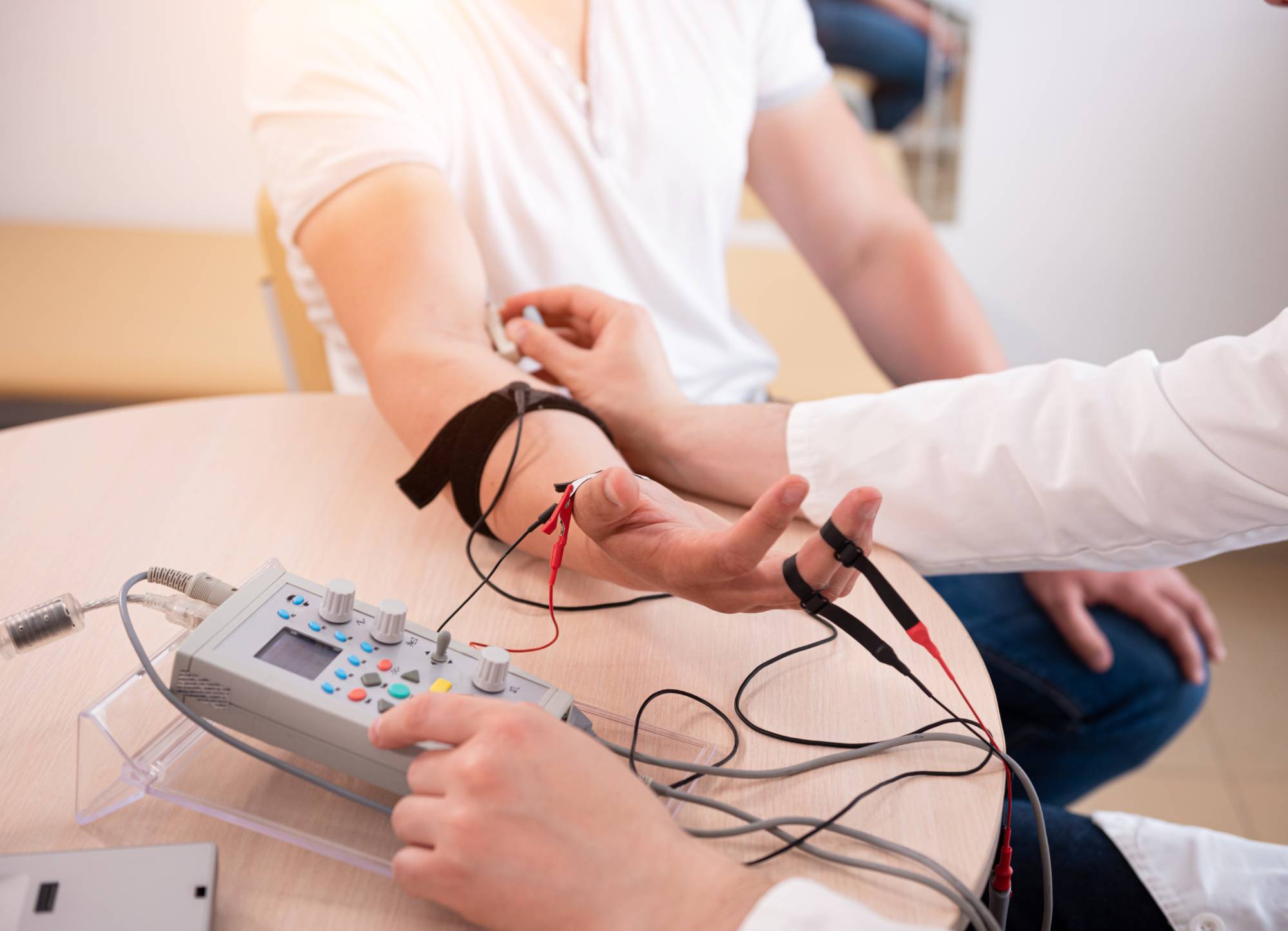
Ready to get started?
Your EMG testing includes a thorough clinical evaluation, detailed medical history review, and physical examination before any electrical testing begins. This comprehensive approach ensures the right nerves and muscles are tested based on your specific symptoms.
The testing can diagnose conditions ranging from carpal tunnel syndrome and ulnar neuropathy to radiculopathy, peripheral neuropathy, and various muscle disorders. Results are interpreted in the context of your symptoms and clinical findings, not just as isolated data points.
You’ll receive a detailed report that your referring physician can use to develop your treatment plan. Whether that involves physical therapy, medication, injections, or surgical consultation, you’ll have the diagnostic foundation needed for effective treatment decisions.
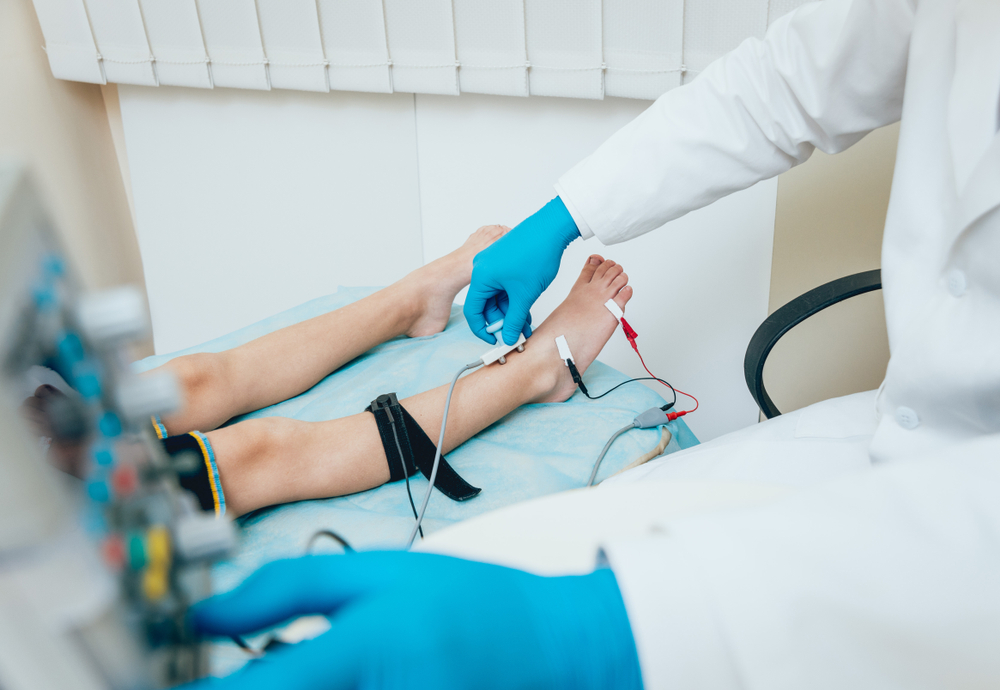
New York:
Florida:
Support